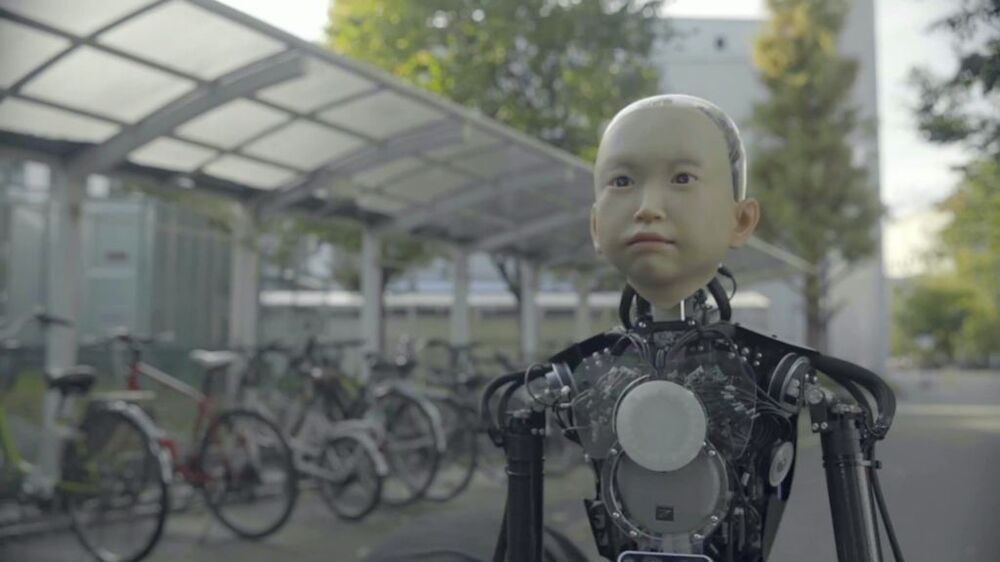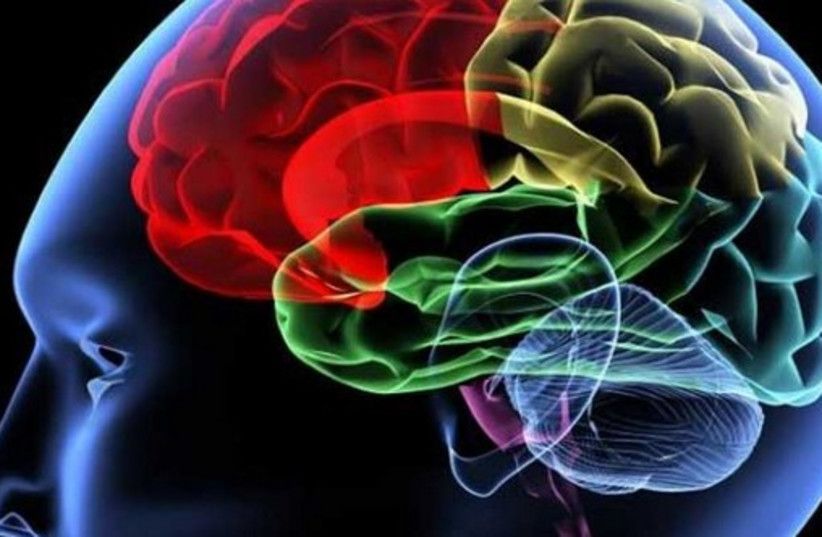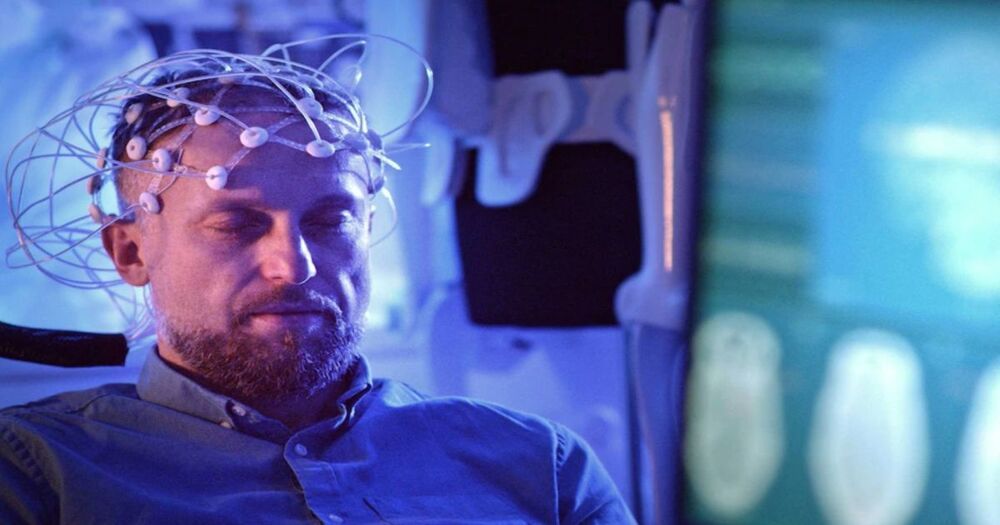On April 10, 2021 NASA announced Ingenuity Mars Helicopter failed high-speed spin test causing reschedule of the first flight to no earlier than April 14. NASA explained that during a high-speed spin test of the rotors on Friday, the command sequence controlling the test ended early due to a “watchdog” timer expiration. This occurred as it was trying to transition the flight computer from ‘Pre-Flight’ to ‘Flight’ mode. The helicopter is safe and healthy and communicated its full telemetry set to Earth. The watchdog timer oversees the command sequence and alerts the system to any potential issues. It helps the system stay safe by not proceeding if an issue is observed and worked as planned. Ingenuity team is reviewing telemetry to diagnose and understand the issue. Following that, they will reschedule the full-speed test.
Credit: nasa.gov, NASA/JPL-Caltech, NASA/JPL-Caltech/ASU
Source for NASA’s Mars Helicopter Ingenuity page: https://mars.nasa.gov/technology/helicopter/
Source for Ingenuity first fly reschedule: https://mars.nasa.gov/technology/helicopter/status/291/mars-…-april-14/
#mars #helicopter #perseverance





